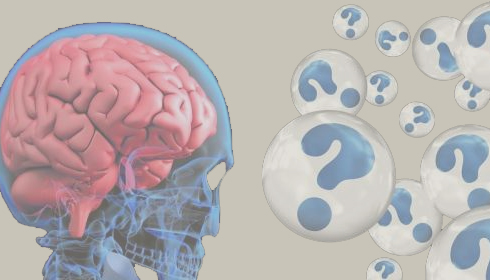
Groundbreaking Study Links Alzheimer's Disease Origins to Prenatal Immune Activity
A ground-breaking study led by Mass General Brigham provides vital insights into the genesis of Alzheimer's disease (AD), tracing its possible roots back to the womb. The findings indicate that immunological activity during late pregnancy may change memory circuitry in offspring in sex-dependent ways, potentially increasing vulnerability to memory disorders such as Alzheimer's later in life.
"Brain ageing is also about brain development, and understanding sex differences in brain development is critical to understanding sex differences in the ageing brain," explained Dr. Jill M. Goldstein, the study's principal author and a Harvard Medical School professor. "This paper is a first step toward looking at the fetal origins of Alzheimer's disease, which, like many chronic diseases, develops across the lifespan and is influenced by early development in a way we might not ordinarily consider."
The study, published in Molecular Psychiatry, is based on data from the New England Family Study (NEFS), which has followed participants since before they were born. Researchers examined 204 people born to moms who either had heightened immunological activity during pregnancy—as seen by higher levels of cytokines such as IL-6 and TNF-a—or did not. The startling findings revealed a connection between maternal immune activation and sex-specific changes in memory-related brain circuitry and cognitive function in offspring, starting as early as age seven and persisting until midlife.
Key findings demonstrated that women exposed to prenatal immunological activation experienced negative changes in memory circuitry, particularly after menopause. These women also had greater inflammatory markers in midlife, which could be a precursor to Alzheimer's disease. The damaged brain regions were high in cytokine and sex hormone receptors, highlighting the link between immune activity and brain development during a critical perinatal period.
By 2050, an estimated 13.8 million Americans will have Alzheimer's disease, with women accounting for two-thirds of those affected. However, the scientific origins of this dramatic gender disparity are unclear. This study focuses on one potential driver: the perinatal environment.
"While prenatal immune activity may affect brain development in the offspring, that does not mean pregnancy is deterministic," Goldstein said. "Subsequent environmental exposures are important. Fortunately, the brain is highly adaptive. We want to understand the elements that influence both risk and resilience in order to intervene early and maintain intact memory function as we age."
The researchers intend to continue studying participants as they age, examining amyloid levels and other biomarkers of Alzheimer's disease to learn more about the prenatal roots of memory impairments. Future research will also look into finding early signs of brain ageing and how other developmental stages, such as puberty, influence long-term cognitive health.
The findings highlight the relevance of prenatal health in shaping lifetime brain function and pave the way for preventative treatments to build resilience against memory deterioration. Dr. Goldstein pointed out, "Understanding how risks originate may lead to treatments that reduce disability and support healthier brain ageing for everyone."